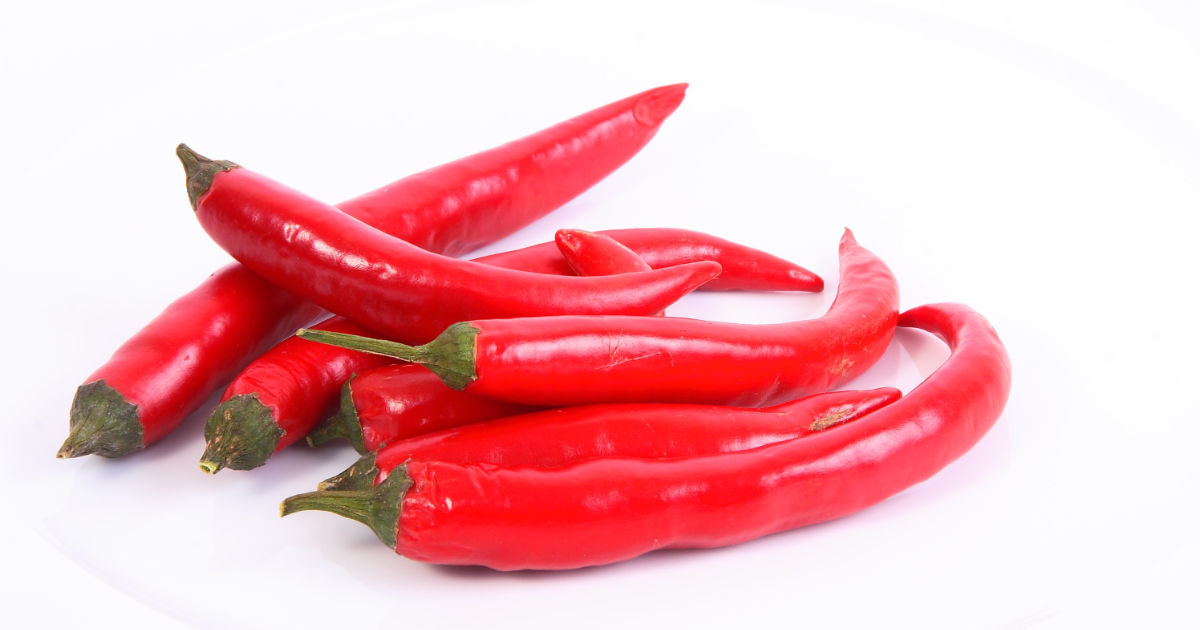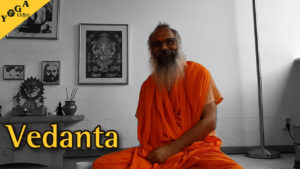“The rule is jam tomorrow and jam yesterday – but never jam today.” Lewis Caroll
Many of us would be bitter if we did not have jam every day.
“Patience is a bitter plant, but it has a sweet fruit.” Chinese proverb.
“Don’t be sweet lest you be eaten up; don’t be bitter lest you be spewed out.” Jewish proverb.
Bitter taste is composed from air and ether element. We are all familiar with the taste. Many of us avoid the bitter taste, however it benefits us immensely. It is cooling and is considered the coldest out of all the tastes. It is cold, light and dry. Its virtues are clarity, introspection, self-awareness, and healthy detachment. Its negative traits are cynicism, rejection, boredom, isolation, separation and loneliness. Its location is on the middle edges, and on the left and right sides, (and a small band across the middle) of the tongue. Its movement is downwards. It works on the liver, pancreas and spleen. It is deeply cleansing for the body. It improves the appetite and all the other tastes. Continue reading




